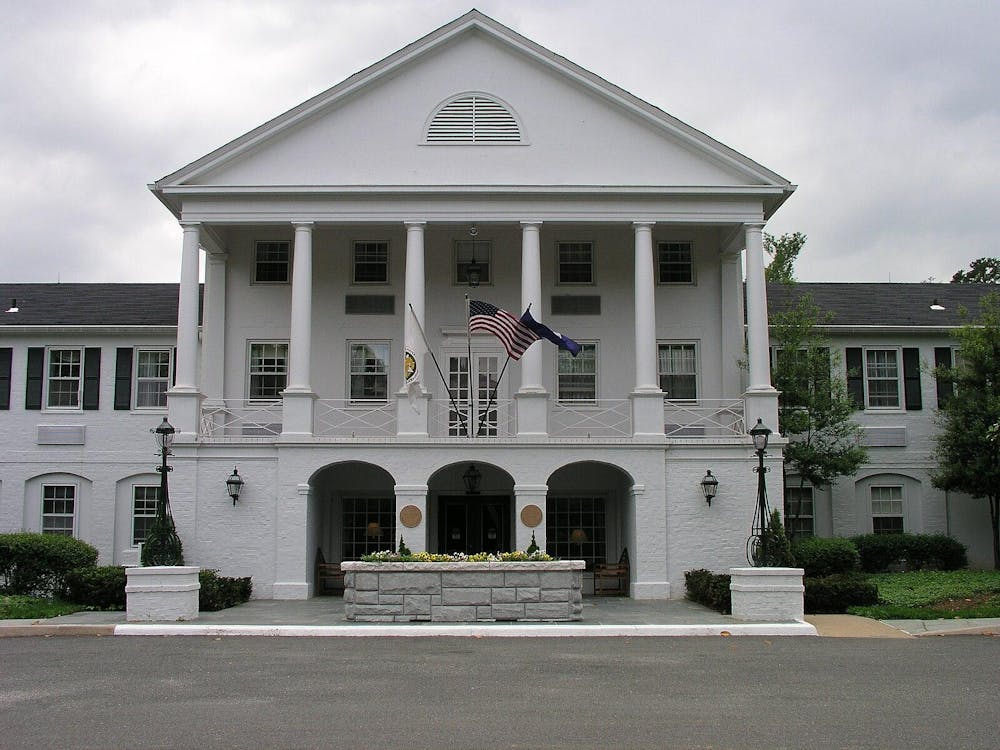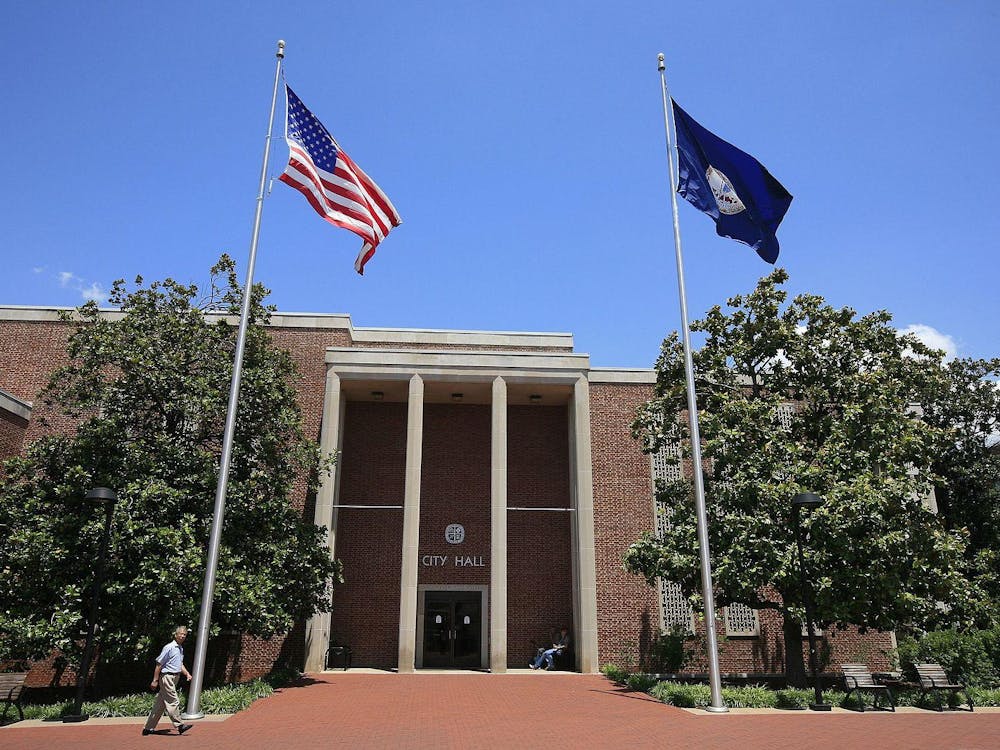FORTY years have passed since Martin Luther King Jr. was shotdead. But here, in his future, the legacy of civil rights has climbed heights where bullets cannot reach. Our nation has come a long way, but King's dream still needs more dreaming. His work has pushed us forward, but it is still incomplete.
As a people, we have decided to affirm each other's humanity regardless of skin color. Where racists once told us that our skin corresponds to a hierarchy of humanity, we now tell them that no such stratification exists. We say, with Jefferson's genius and King's courage, that every man is created equal. But even though we have banished racism to dark corners and shameful whispers, the term "race" still lingers. We still think of ourselves in terms of pre-defined racial categories.
Some man, somewhere created this metaphor: Shades of skin correspond to shades of humanity. The darker one is, the less human her being.
This novel way of thinking quickly became useful. It allowed human-enslavers to bypass the Bible (or abuse it,) and it justified colonization and eugenics. When it was once uttered as a useful metaphor, racism solidified into evident reality. In iron chains, and Dred Scott, in Separate but Equal and Jim Crow, racism became an important part of our national culture. But scientists and civil rights activists have convinced us that race is no longer true -- that in fact, it never was.
Like in King's dream, science has shown us that skin color is nothing more than a handful of alleles -- a genetic trait like red hair and thumb-width. Race is not real in that there are no biological distinctions that lie beneath our humanity, that although we have differences, genetically, we are one species, one people -- able to live and breed across any continent, any ocean. Our kind cannot be broken down, split up or stratified. Each one of us is an individual, indivisible human. The fact that we are judged by our skin color is the legacy of a socially constructed fiction, a historical-scientific myth, a useful and terrible lie.
Activists have boycotted and marched and died to show us this, but still, we use race to define ourselves. We still separate each other into racial categories. To protect underprivileged and historically oppressed minorities, our nation took on initiatives to assess and eventually end racial discrimination. We now identify race to prevent predatory bank loans, to open access to higher education, and to look after and safeguard voters' rights. By quantifying inequality, our government and social scientists track property ownership, wealth accumulation and gross income. What the data tells us however, is that discrimination still exists. Racism is more latent now, but racial socio-economic disparity is still strong. Studies on race are important because they aim to protect minorities from gross inequality. But all the research designed to help end racism commits the same injustice that inspired the need for social protection: We separate each other into types of human. In trying to abolish racism, we actually pay attention to difference; we solidify people's otherness; and we continue to use the same mental categories conjured up by the racist. In protecting blacks and other minorities from discrimination, we have placed them into the very race categories we are trying to destroy.
Still, the words and categories we use now are different. The term "negro" -- created by white Americans -- has been changed to "Afro-American," and then to African American and then to black. The term "Hispanic," coined by the Federal Government, has given way to Latino. And the word "oriental" has now been replaced with Asian. The evolution of each category came with each race taking ownership over their own identity. In each case, the newer term is less derogatory and more authentic. They are less "defined-by-others" and more "defined-by-ourselves." Each new racial category is meant to be worn with pride rather than shame.
But while each racial category is vitally important to one's personhood and identity, they simultaneously prevent a race-less society from ever forming.
Although the construction of a color-blind society is now regarded as naive and utopian, our nation's highest goal should still be to eliminate racial prejudice. The legacy of slavery and oppression should not be forgotten, but certain cultural differences should not limit the possibilities of our people. Although our new "racial" categories afford their members more possibility than they had in the past, race categories still confine our modes of existence.
Being a part of a certain race is like being forced to read from a certain life-script. They confine each of us to certain behavior, language, and molds. And even though the molds are more flexible now, they are still confining, they are still pre-written. If we do not abolish this mental category -- this concept of race -- how can we expect to stop the categorizing, the prejudgment, the discrimination?
Every time we use this word, "race," we concede countless steps to the past, allow our mouths to be filled with archaic tongues, and slip back into thoughts we have promised never to think. The term "race" is a vestige of our troubled past, a stubborn relic rusted onto our vocabulary. But now we need a new way to describe ourselves, something that is more useful and fair, more accurate and just. The identity of our children should be something more meaningful than the checking of a single box: Black, White, Other. Perhaps we need a new metaphor.
Hamza Shaban is a Cavalier Daily Viewpoint writer.






